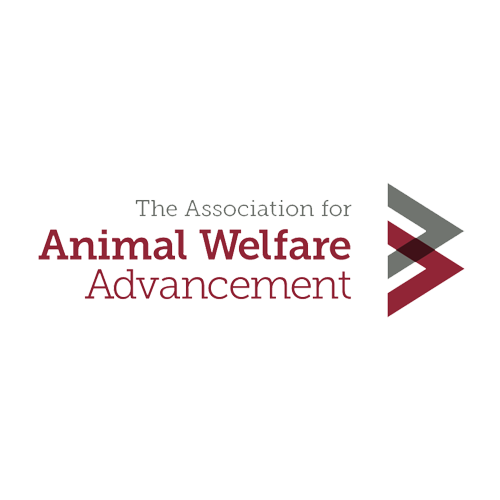Washington, D.C. (May 13, 2020) — The Human Animal Bond Research Institute (HABRI) announced today that Crum & Forster Pet Insurance Group™, one of the oldest U.S. providers of pet health insurance, has become an official supporter of HABRI and its research on the human health benefits of companion animals.
“For twenty years, we’ve been committed to helping people get access to reliable and affordable pet insurance coverage,” said Bob Capobianco, Senior Vice President, Crum & Forster Pet Insurance Group. “Supporting HABRI research is important because it connects the positive impact that pets play in our lives, and closely aligns with the work we do to help pets live longer and healthier.”
“HABRI is thrilled to welcome Crum & Forster Pet Insurance Group as a supporter,” said Steven Feldman, Executive Director of HABRI. “From HABRI research, we know that pets are considered part of the family, and that the growing importance of pets in our lives has driven demand for pet-inclusive policies and benefits at home, in the workplace, and beyond. Pet health insurance plays a key role in strengthening the human-animal bond and supporting the needs of our furry family members, and HABRI is thrilled to be working with Crum & Forster to help more people and pets benefit from healthy human-animal bonds.”
Scientific evidence increasingly shows that pets improve heart health, alleviate depression, increase well-being, support child health and development, and contribute to healthy aging. In addition, companion animals can assist in the treatment of a broad range of conditions from post-traumatic stress to Alzheimer’s disease to autism spectrum disorder.
The benefits of the human-animal bond impact more than just human health. Findings from a recent HABRI survey of 2,000 pet owners demonstrate that knowledge of the scientific research on the human-animal bond motivates pet owners to take better care of their pets. From providing pets with higher quality nutrition to purchasing pet health insurance, spreading awareness of the health benefits of pet ownership improves pet health and welfare.
“Crum & Forster Pet Insurance Group is dedicated to meeting the needs of our clients, and from HABRI research we know the overwhelming majority of pet-owners view their pets as close members of the family,” added Capobianco. “We look forward to supporting HABRI research and helping discover even more ways pets enrich our lives.”
About Crum & Forster Pet Insurance Group™
Crum & Forster Pet Insurance Group (C&F Pet) is committed to helping pet parents get access to reliable and affordable pet health insurance plans. With a history dating back to 1997, making it one of the original providers in the U.S., C&F Pet utilizes various go-to-market strategies, including direct-to-consumer, employee benefits, white labels, and other partnerships. Insurance plans are underwritten by United States Fire Insurance Company and produced by C&F Insurance Agency, Inc.(NPN # 3974227), a Crum & Forster company. More information can be found at www.cfpetinsurance.com.
Crum & Forster Pet Insurance Group, Crum & Forster, and C&F are registered trademarks of United States Fire Insurance Company. Crum & Forster is comprised of leading and well-established property and casualty business units.
About HABRI
The Human Animal Bond Research Institute (HABRI) is a not-for-profit organization that maintains the world’s largest online library of human-animal bond research and information; funds innovative research projects to scientifically document the health benefits of companion animals; and informs the public about human-animal bond research and the beneficial role of companion animals in society. For more information about the HABRI Foundation, please visit www.habri.org.
Contact
Jamie Baxter
jamie@theimpetusagency.com
775.322.4022
###





